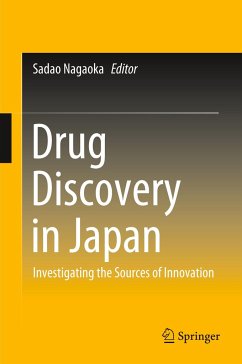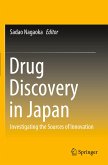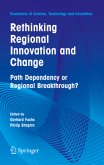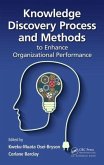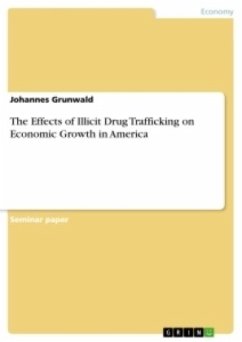This book analyzes the drug-discovery process in Japan, based on detailed case studies of 12 groups of 15 innovative drugs. It covers the first statin in the world up to the recent major breakthrough in cancer therapy, the recent immune checkpoint inhibitor, the scientific discovery for which a 2018 Nobel Prize in Physiology or Medicine was awarded to Prof. Tasuku Honjo, Kyoto University. The book shows the pervasive high uncertainty in drug discovery: frequent occurrences of unexpected difficulties, discontinuations, serendipities, and good luck, significantly because drug discovery starts when the underlying science is incomplete. Thus, there exist dynamic interactions between scientific progress and drug discovery. High uncertainty also makes the value of an entrepreneurial scientist high. Such scientists fill the knowledge gaps by absorbing external scientific progress and by relentless pursuit of possibilities through their own research, often including unauthorized research, to overcome crises. Further, high uncertainty and its resolution significantly characterize the evolution of competition in the drug industry. The patent system promotes innovation under high uncertainty not only by enhancing appropriability of R&D investment but also by facilitating the combination of knowledge and capabilities among different firms through disclosure. Understanding such a process significantly benefits the creation of innovation management and policy practices.
Bitte wählen Sie Ihr Anliegen aus.
Rechnungen
Retourenschein anfordern
Bestellstatus
Storno

